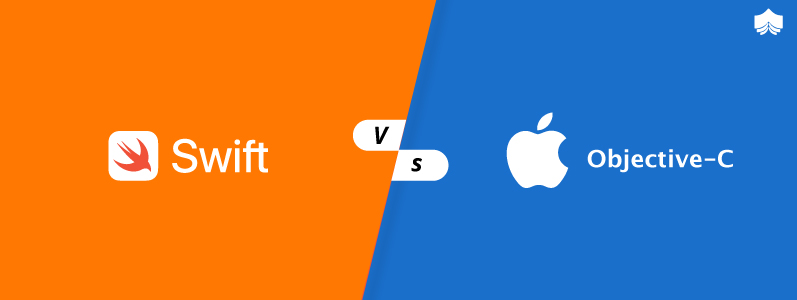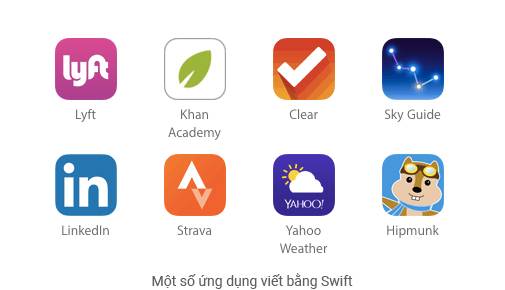iOS App Development: Is Objective-C Obsolete and Swift the New Future?

Objective-C, a language widely used in the past and still today, was introduced by NeXT Computer Inc., founded by Steve Jobs, in the 1980s — nearly 40 years ago. This language laid the foundation for many iconic Apple products. One of Objective-C's advantages is its long-term development and maintenance. Therefore, it has been thoroughly tested to correct errors. The developer community and shared knowledge have also been accumulated over many years.
Swift was introduced by Apple in 2014. According to Tim Cook, the language had more than 11 million downloads within the first month of release. The improved Swift 5.0 version, released in 2019, features a stable binary interface and can run well on various Apple platforms, including macOS, tvOS, and watchOS. Swift 5.0 libraries being compatible across platforms make it lighter and more flexible, while also allowing Apple to provide easier support for users.
Some Advantages of Swift Compared to Objective-C
1. Swift Runs Faster, Comparable to C++
In terms of speed, Swift is faster with support from C++ algorithms. Apple continuously works to improve Swift’s speed, and later Swift versions have shown noticeable differences. Swift 2.0 even outperformed C++ in several computing algorithms like Mandelbrot. Objective-C is slower because it contains legacy C APIs.
2. Swift is Easier to Read, Develop, and Maintain than Objective-C
Swift is a simple, clear language with interactive features, and its simplified syntax makes reading and writing code easier than ever. As a result, developers can reduce development time since fewer lines of code can achieve the same tasks as Objective-C, which often requires longer code segments.
3. Improved Safety
Safety is emphasized in Swift’s introduction to iOS developers. Swift reduces errors thanks to robust error handling and system upgrades, resulting in fewer code issues compared to Objective-C. Developers can easily spot and fix code errors due to its short feedback loops. Consequently, low-quality code is minimized, and debugging takes less time.
4. Less Wear on Hardware
Applications written in Swift are more compatible and cause less hardware wear than Objective-C, providing users with better experiences when playing games on iOS devices.
5. Better Memory Management
Dynamic libraries supported by Swift are loaded directly into the application memory and optimize performance. Direct connection with the app allows them to be updated independently of the operating system. This keeps your solution current, reduces app size, and speeds up the loading of new content.
6. Swift is Open Source
This helps the Swift community grow, allowing users to find security vulnerabilities, update patches, add features, and develop plugins for the language for the broader community.

Whether Objective-C, the language that brought Apple success, will continue to be supported in the future remains uncertain. However, it is clear that Swift has many superior advantages and is Apple’s favorite. Apple has and continues to invest heavily in Swift’s development. Therefore, to keep up with Apple’s changes and experience the newest features, there is no other option but to start getting familiar with Swift now.
All new iOS applications developed by InnoTech are written in Swift. The advantages of this language have been verified by InnoTech, which believes it is the best solution for its customers.

